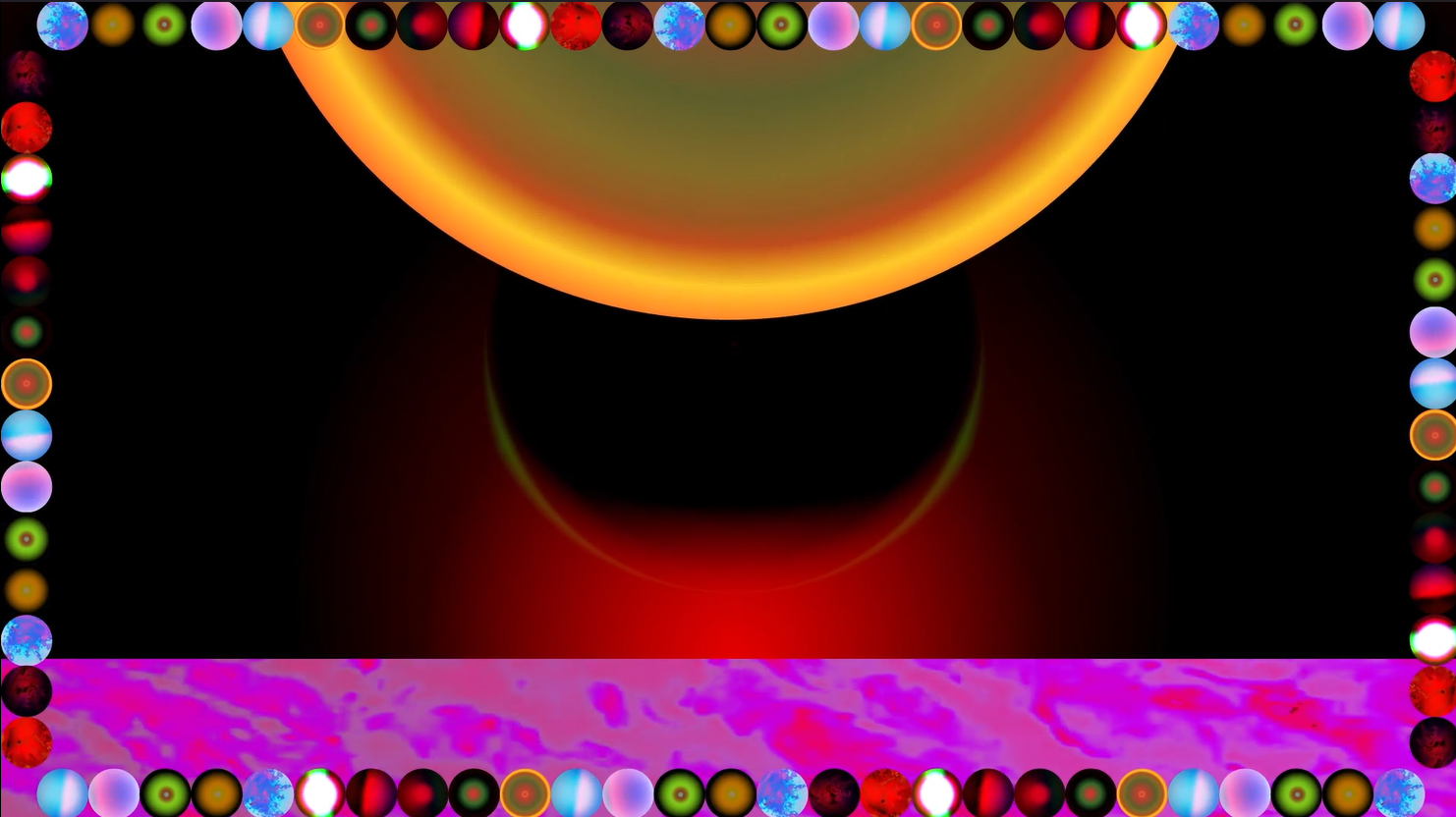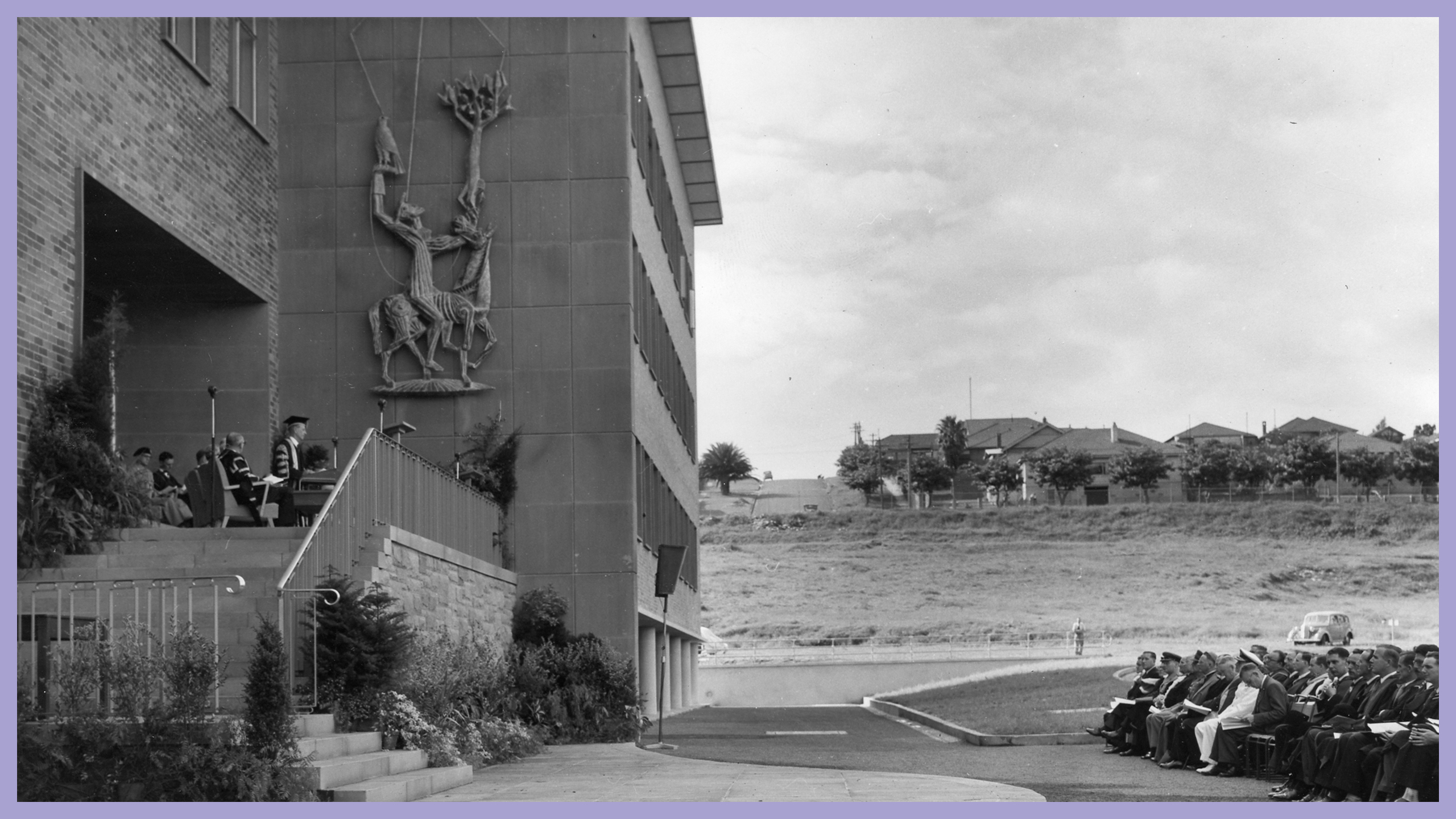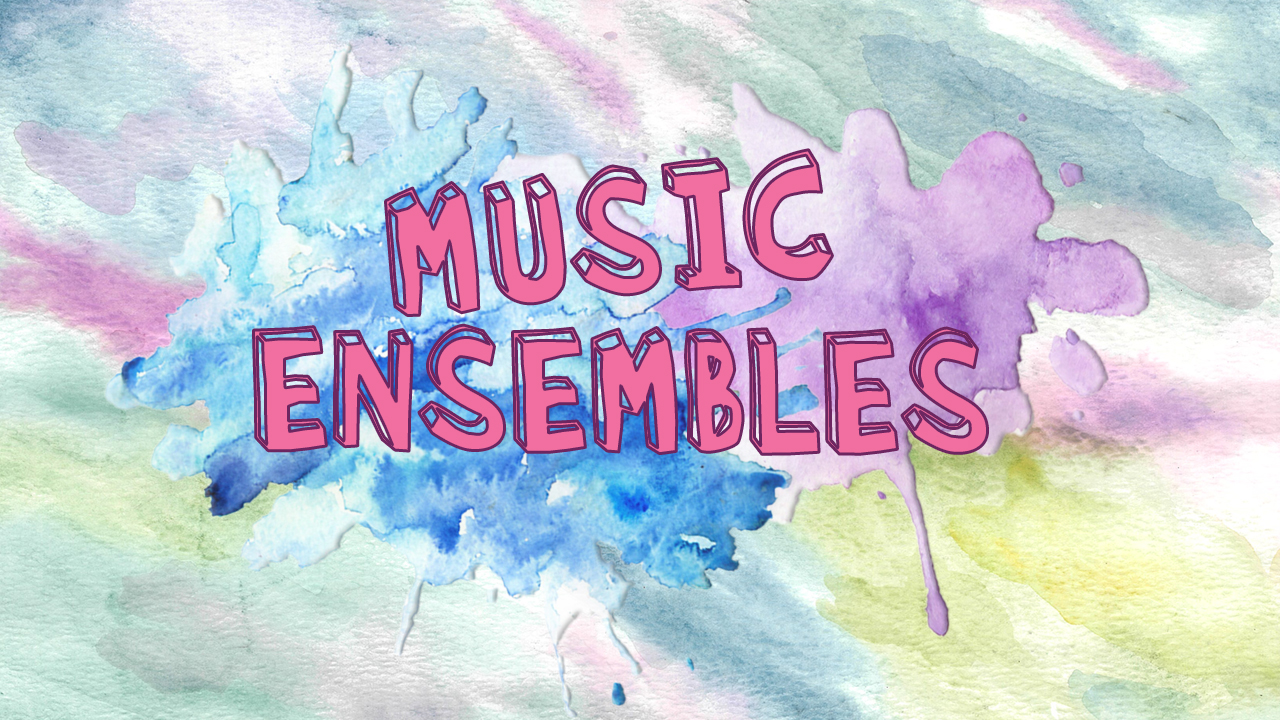Desire, Imagination, and the Perceptual Analogy

Presenter: Kael McCormack-Skewes
The guise of the good holds that a desire for P represents P as good in some respect. A standard version of this view maintains that desires can be an awareness of value analogous to perception. This view explains the rational character of desire-based judgment and action, and why desires can stop the regress of practical justification. However, these explanatory payoffs are threatened by the observation that while perception represents the actual environment, desires often represent non-actual states. How could a desire be a quasi-perceptual awareness of the value of a non-actual state? I propose an answer to this question that centrally involves the imagination. Every desire for a non-actual state involves imagining what that prospect would be like. Imagining, when subject to certain constraints, provides an accurate and unified view of the lower-order properties of a prospect. This allows for a discrimination of the values supervening on those lower-order properties. An accurate and unified imagining of a prospect places the agent in the epistemic position to be aware of the value of that prospect. My account shows how desires for non-actual states could involve an awareness of value which secures the explanatory payoffs of the guise of the good.



